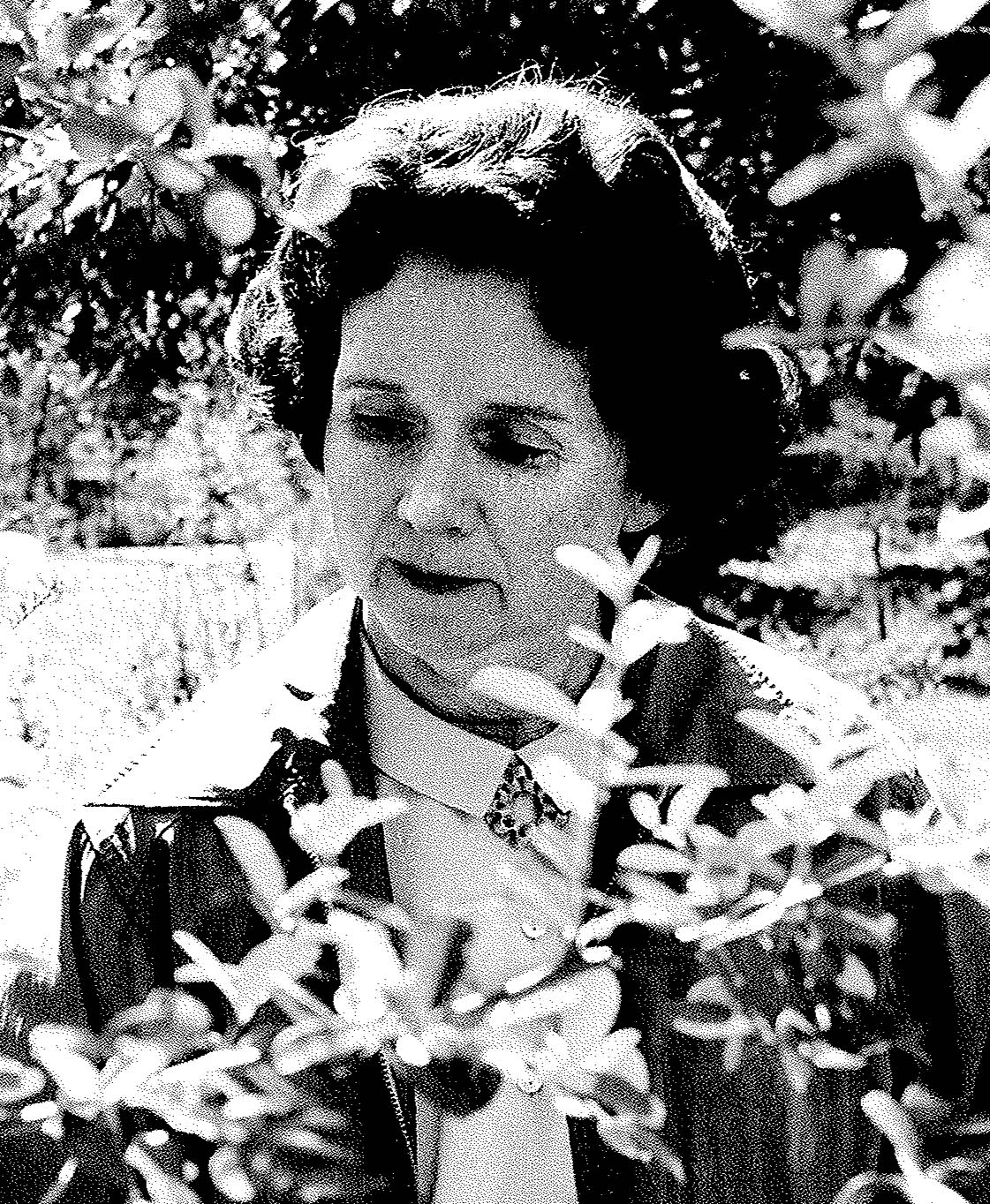
Honoring Great Environmental Pioneers of the Past
Rachel Carson, 1907-1964
Thursday, June 13, 2013 - It can be claimed that the impact of Rachel Carson’s most famous book, an impact that extends to this day, was beyond even what was hoped. In Silent Spring, the author urged prudence when using pesticides, warning that in the postwar era, the booming United States was being negligent in ignoring the damage humans were visiting upon nature and the many ramifications of that damage. There were social prescriptions in the book, to be sure; it was certainly meant as an argument. But Carson, her publishers, and supporters never could have dreamed where it would lead. What happened was: A great drama preceded and then greeted the book’s publication in 1962; frantic efforts to discredit Carson backfired miserably; and then the sympathetic author died young, of a heart attack suffered after cancer treatments had led to anemia. Forces had been unleashed and passions aroused that simply couldn’t be contained, and Carson and her work only grew to be more important after she was no longer with us.
Rachel Louise Carson was born and raised in Pennsylvania’s rural Allegheny Valley and loved two things from the first: writing and the natural world. She was smart and talented, and her twin interests eventually found an outlet in, of all places, the federal government, where, beginning in 1936, Carson worked as a junior aquatic biologist for the agency that would become known as the Fish and Wildlife Service. She produced pieces for government publications, then magazines, and then she wrote books; her trilogy on the sea, written in the 1940s and ‘50s secured her reputation. She had first become interested in writing about the effects of synthetic pesticides in the 1940s, but couldn’t get publishers to bite. Now was the moment. Carson spent four years investigating how the insecticide DDT, widely used by farmers at the time, not only killed pests but invaded the ecosystem. Her work was not secret, and everyone knew a firestorm was coming when Silent Spring was set to appear in 1962 - in book form and serialized in The New Yorker. The chemical companies threatened lawsuits to block publication, and when that failed they geared up their assault on Carson’s veracity; her side marshaled support from the scientific community and from lawmakers. She herself got Supreme Court Justice William O. Douglas to write a commentary that would accompany the Book of the Month Club mailing. When the demure, steady Carson, who was already ill with breast cancer, appeared on television opposite histrionic representatives of the chemical companies, the public tide was turned and, unbeknownst to all, the modern environmental movement had begun. Carson died in 1964 and that movement had its patron saint. Within a decade, DDT had been banned, the Environmental Protection Agency had been created, and crucial laws - the Endangered Species Act, the Clean Air Act, the Clean Water Act - had been passed. In 1980, Rachel Carson was posthumously awarded the Presidential Medal of Freedom, the nation’s highest civilian honor.
- Taken From LIFE Magazine Vol. 13, No. 3
ABC Comment: It is fitting to occasionally honor great environmental leaders that have laid the foundations from which we now operate. Unfortunately, some of the findings expressed in her book, Silent Spring, have now been found to be false. The reported link between DDT and the decline in the bald eagle population is a myth perpetrated by activist environmentalists to maintain the illicit power they have usurped over the Environmental Protection Agency.
As early as 1921, the journal Ecology reported that bald eagles were threatened with extinction – 22 years before DDT production even began. According to a report in the National Museum Bulletin, the bald eagle reportedly had vanished from New England by 1937 – 10 years before widespread use of the pesticide. In those days eagles were considered a nuisance and routinely shot by hunters, farmers and fishermen.
In addition to these historical reports, numerous scientific studies and experiments vindicate DDT.
Charles Wurster, a senior scientist for the Environmental Defense Fund – the activist group that led the charge against DDT – told the
Seattle Times (Oct. 5, 1969) that, "If the environmentalists win on DDT, they will achieve a level of authority they have never had before. In a sense, much more is at stake than DDT.
Banning DDT wasn’t about birds. It was about power. The sooner the record on DDT is set straight, the sooner the environmentalists’ ill-gotten "authority" will be seen for what it is.
None of the above diminishes the enormous impact Rachel Carson has had on our awareness of environmental problems, and we pay tribute to her legacy.